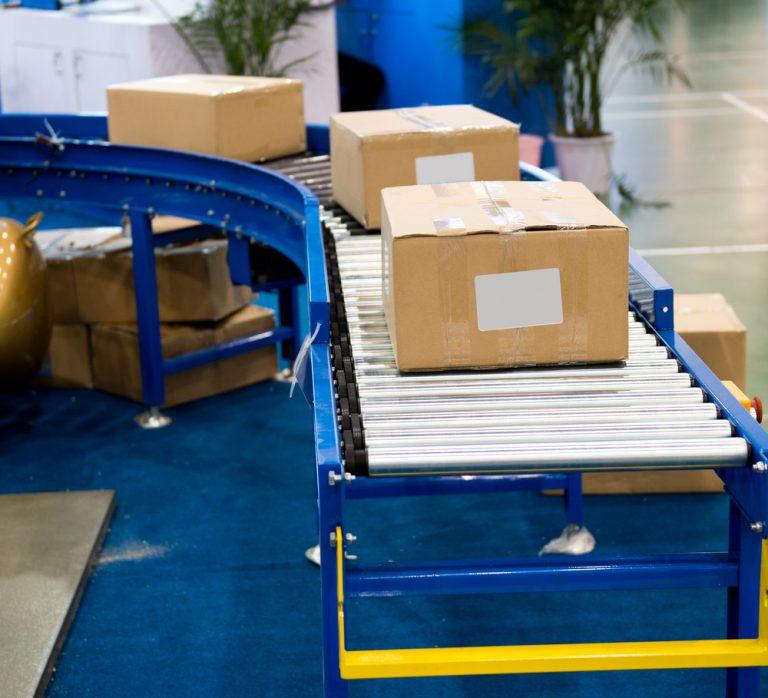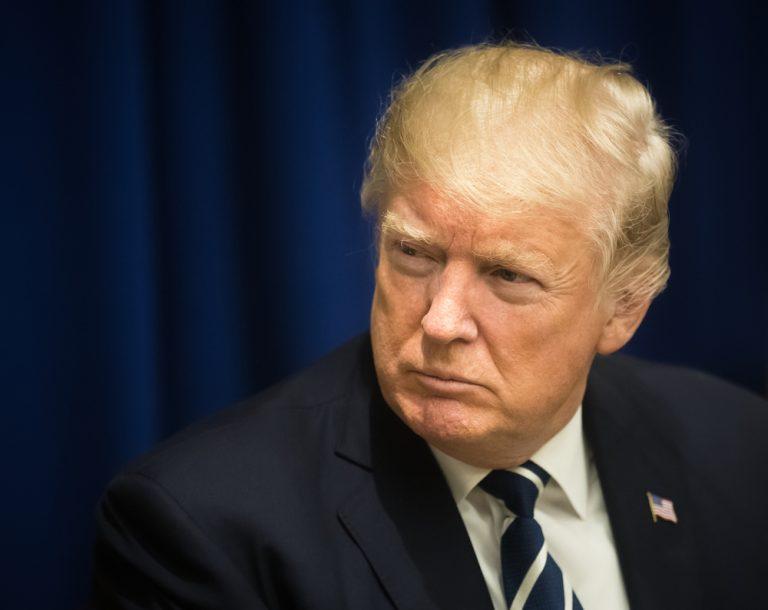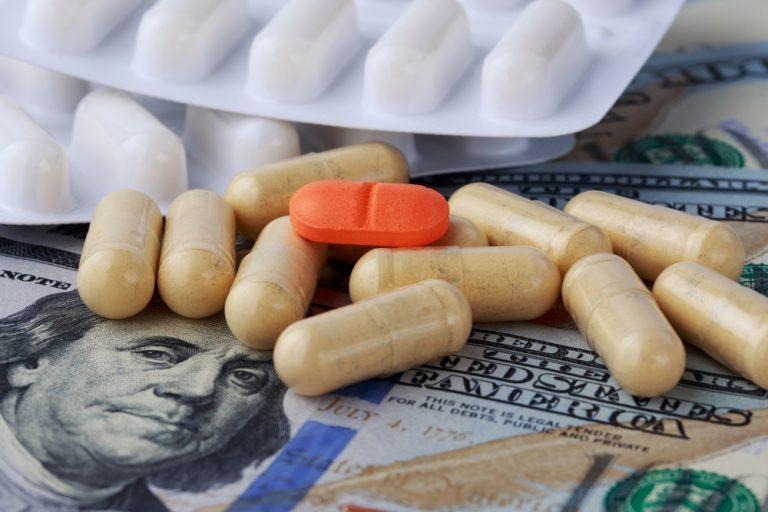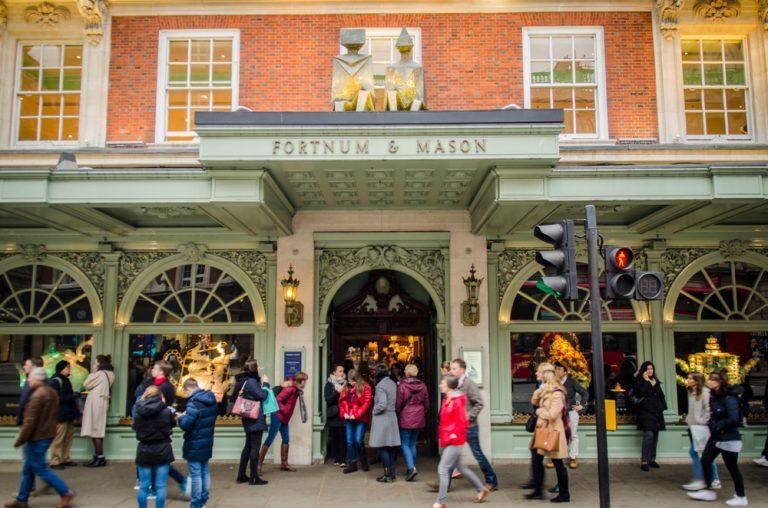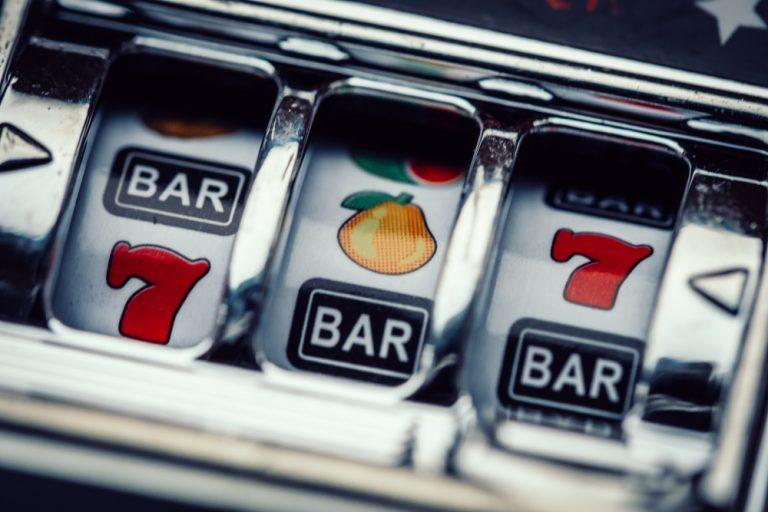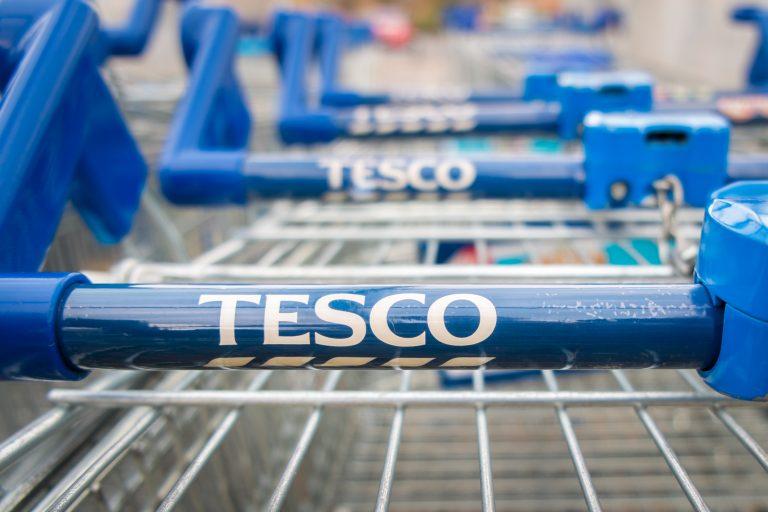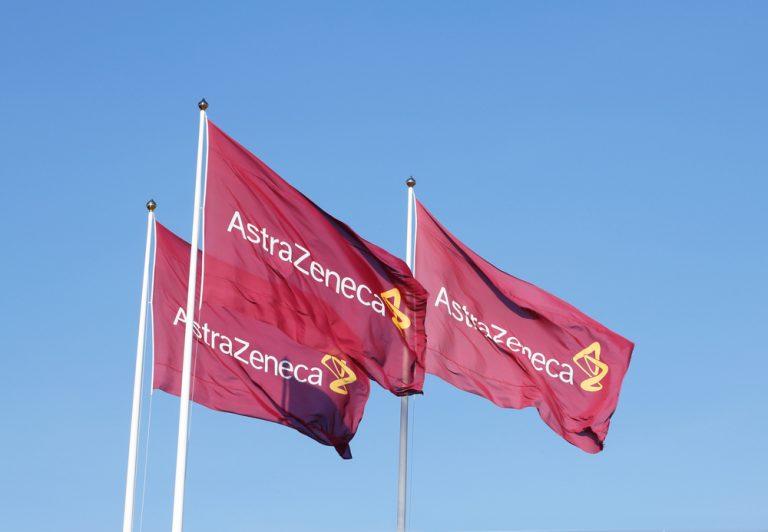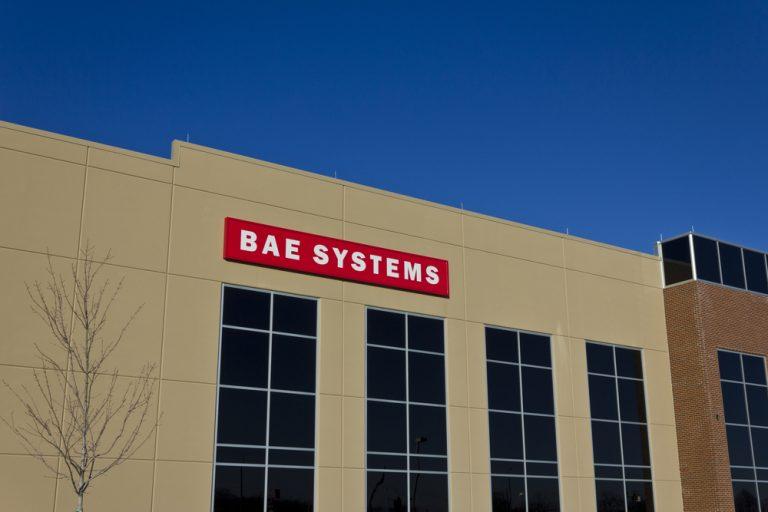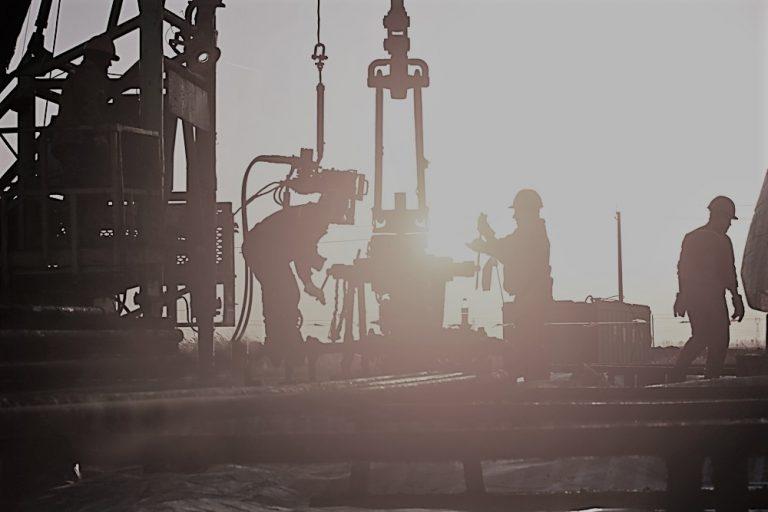Smurfit Kappa shares rally with acquisition of Raparenco
Packaging company Smurfit Kappa Group plc (LON:SKG) has seen a positive start to July trading, as its €460 million acquisition of Dutch paper and recycling firm Raparenco prompted its share price to rise.
The transaction is designed to be earnings accretive, with the addition of Raparenco expected to lead to savings of over €30 million.
“Raparenco’s strong strategic fit with Smurfit Kappa’s existing European businesses is expected to deliver synergies of in excess of €30 million”, said Smurfit Kappa chief executive, Saverio Mayer.
“Reparenco represents early delivery of a central element of our medium term plan – to increase our European recycled containerboard capacity. It is ideally situated in our core European operating region where we continue to see strong demand driven by growth in e-commerce and increased substitution of plastic with paper-based packaging”.
Including an Ebitda of €72 million, Raparenco’s Ebitda and synergies equate to a transaction multiple of less than 4.5.
Since markets opened, Smurfit’s share price has rallied over 1 percent, or 44p. Analysts from Jefferies International have reiterated their ‘buy’ stance on Smurfit Kappa stock.
Trump on WTO: “They have been treating us very badly”
Donald Trump has warned the World Trade Organisation over its mistreatment of the US.
In a meeting with the prime minister from the Netherlands, Trump defended his controversial position on tariffs and trade.
“I hope they change their ways. They have been treating us very badly for many, many years and that’s why we were at a big disadvantage with the WTO,” he said at the White House.
“We’re not planning anything now, but if they don’t treat us properly we will be doing something,” the US President added.
Trump has threatened to impose a 20 percent tariff on all EU-assembled cars, which the European Commission has said is a mistake.
“We’ll spare no effort, be it at the technical or political level, to prevent this from happening,” a spokesman for the commission said.
The American Automotive Policy Council was said that increasing trade tariffs will increase taxes to $90 billion annually when combined with the steel and aluminium tariffs.
Matt Blunt, president of the trade group, said: “Imposing tariffs will increase costs for consumers, lessen consumer choice, lower consumer demand, reduce car and light truck production and sales, lower investment levels, and lead to job losses in the U.S. auto sector.”
At the meeting held in the White House on Monday, the US President added that the US was very close to finalising new trade deals.
Trump said he was “very close to making some very good trade deals – fair trade deals, I don’t want to say good, I want to say fair – fair trade deals for our taxpayers, and for our workers and for our farmers.”
The European Union has sent an 11-page letter to the US warning the President of tariffs on US products if he moves forward with the tariffs on foreign auto vehicles.
“Protective measures would undermine US growth, negatively impact job creation, and not improve the trade balance,” read the letter.
UDG Healthcare acquires two US businesses and shares rally
UDG Healthcare (LON:UDG) has acquired two New York based businesses – Create NYC and SmartAnalyst – for a combined total of $82.4 billion.
The purchase of the companies was funded via ‘existing cash and debt faciilities’, with the move expected to increase UDG’s earnings per share.
Prior to the buy-out, Create NYC was a creative communications agency, and SmartAnalyst offered strategic consultancy and analytical services, focused on the pharmaceutical and biotech sectors.
“Create NYC adds innovative, creative services within Ashfield Communications and SmartAnalyst expands Ashfield’s advisory pillar, adding new capabilities in strategic consulting and the high growth area of Health Economics and Outcomes Research,” said UDG chief executive Brendan McAtamney.
“Both transactions meet all of UDG’s acquisition criteria – they are a good strategic and cultural fit; meet our target financial hurdle rates; and involves an expansion of our current capabilities.”
Following the news, the FTSE 250 company’s share price has increased 2 percent, to 16.5p. Today, analysts from Peel Hunt and Liberium Capital have reiterated their ‘buy’ stance on UDG stock.
Fortnum & Mason admit to data breach, affecting 23,000 shoppers
Fortnum & Mason has admitted to a data breach, which has affected over 23,000 shoppers.
A cyber attach targetting the up-market grocer has leaked the names, email addresses and home addresses of customers to cyber-hackers.
“At 17.26pm on Friday June 29, Typeform, a company that provides services that we have used in the past to collect survey responses and voting preferences, notified us that they had suffered a data breach and unfortunately some of our data had been compromised,” said the group.
“No one’s bank details or passwords have been involved, and money and accounts are safe.”
“We have disabled any and all Typeform forms existing on our website and will not work with Typeform until we are assured that; there is no further risk, that all our data has been removed from their servers and that their security measures have been improved.”
“We have been informed that Typeform have fixed the root cause and are undertaking forensic investigations,” Fortnum & Mason added.
The food-store has ended its relationship with Typeform, a company specialising in creating surveys and forms.
Typeform also works with a number of organisations including Apple and Airbnb.
In the same cyber-attack against Typeform, over 23,000 customers from Monzo also saw their data including email addresses and postcodes were leaked.
Fortnum & Mason is the latest data breach. Earlier this year, Dixons Carphone (LON: DC) revealed “an attempt to compromise 5.9 million cards”.
The retailer contacted over one million customers who had data such as their name and address taken in the breach.
“We’ve taken action to close off this unauthorised access and though we have currently no evidence of fraud as a result of these incidents, we are taking this extremely seriously,” said the chief executive, Alex Baldock.
On Monday, the NHS revealed a data breach affecting 150,000 UK patients.
Ryanair passenger numbers up during strikes
Ryanair (LON:RYA) saw its volume of passengers increase through June, even while industrial action grounded planes on popular routes.
The company’s number of passengers increased by 7 percent in June, sharing the fate of their low-cost counterpart Wizz Air (LON:WIZZ), who’s passenger numbers increased by 22 percent.
The success of last month is surprising as many would have expected the volume of passengers to be hampered by the industrial action in French Air Traffic Control, which caused more than 100 flights to be cancelled.
“Regrettably over 210,000 Ryanair customers had their flights cancelled in June because of four weekends of ATC strikes and repeated UK, German and French ATC staff shortages”, a Ryanair spokesperson said.
The firm’s total volume of passengers was 11.8 million in June. While it was largely a month of downward travel for Ryanair’s share price, this morning saw a rally of 0.075 EUR, or 0.48 percent.
A spokesperson has said, “Ryanair calls for urgent action by the EU Commission and European governments to ameliorate the effect of ATC strikes and staff shortages in the UK, Germany and France from disrupting the travel plans of millions of Europe’s consumers this summer.”
Playtech shares dip after disappointing performance in Asian markets
Playtech plc (LON:PTEC) have seen their share price fall sharply after a profit warning due to intense competition and under-performance in Asian markets.
After rallies following the sale of their stakes in Ladbrokes and GVC, and their takeover of Snaitech, today Playtech shares slid to 540.8p, down 28.2 percent.
The company have had to adjust their projected 2018 Ebitda to £280-£320 million, saying that should the current trends continue, revenues from Asia will be £62 million lower than the original estimate by the end of the year.
“Clearly the recent trading performance in Asia is disappointing,” said chief executive Mor Weizer, “We have taken steps to further support our partners in the region and we will continue to work to preserve our position in the face of an increasingly competitive environment.”
While Shore Capital have reiterated their ‘buy’ stance on Playtech stock, analysts at Peel Hunt are taking a more bearish approach, with their ‘hold’ verdict currently under review.
Tesco set for ‘strategic alliance’ with Carrefour
Following the planned £12 billion merger of rivals Sainsbury’s (LON:SBRY) and Asda (NYSE:WMT), Tesco (LON:TSCO) and French supermarket Carrefour (EPA:CA) plan to form an alliance to buy products and lower prices.
The proposed deal with Carrefour comes after Tesco’s recent £3.7 billion takeover of wholesaler, Booker. The deal sets out a plan to cooperate on product sourcing and purchasing, with ambitions to widen the range of products they have on offer while reducing prices.
Tesco chief executive, Dave Lewis, said, “By working together and making the most of our collective product expertise and sourcing capability, we will be able to serve our customers even better, further improving choice, quality and value.”
After share price appreciation in June, the first day of July’s trade has seen a modest rally from 256p to 257.1p.
The company’s market share is down 0.2 percent on this period last year but sales are up 1.4 percent. Citigroup, Deutsche Bank and HSBC have a ‘buy’ stance on the stock, while Shore Capital have already reiterated their ‘buy’ stance for Tesco stock in July.
Tesco are outperforming Sainsbury’s and hope lower prices will help them compete with Aldi and Lidl. Steps will have to be taken to mitigate the threat posed by Amazon’s move into food sales, with their recent purchase of Whole Foods and the creation of Amazon Go.
AstraZeneca shares drop after new cancer treatment approval
AstraZeneca (LON:AZN) sees its share price down as markets start July’s trade, adding to June’s dip, despite announcing the approval of Lynparza and Imfinzi.
Shares currently stand at 5,201p after receiving approval from the Japanese Ministry of Health for their new breast and lung cancer treatments.
Following AstraZeneca and Merck and Co’s (NYSE:MRK) successful test of their ovarian cancer treatment – Lynparza – last Wednesday, the firm’s share price bounced from lows of 5,155p.
This morning, the Lynparza tablet was approved for use as a treatment for patients with epidermal growth factor receptor negative breast cancer, who have already received chemotherapy.
“Earlier this year, Lynparza became the first PARP inhibitor available in Japan for advanced ovarian cancer. Now patients in Japan with BRCA-mutated, metastatic breast cancer will also have the opportunity to benefit from Lynparza”, said Dave Fredrickson, Executive Vice President, Head of the Oncology Business Unit at AstraZeneca.
In an independent venture, AstraZeneca also announced this morning that the Japanese Ministry for Health had approved their drug durvalumab – marketed as Imfinzi – used as maintenance therapy after definitive chemoradiation therapy, in locally-advanced, unresectable, non-small cell lung cancer.
“As the only immunotherapy approved in the curative-intent, Stage III lung cancer setting, Imfinzi has the potential to change the treatment paradigm for patients diagnosed with this disease”, said Dave Fredrickson.
Analysts have recently upgraded Astra’s price targets following a year of under-performance against the FTSE 100, though they and GlaxoSmithKline outperformed their FTSE counterparts this weekend. Astra is up just 0.8 percent over the past 52 weeks compared to a 2.5 percent rise in the FTSE 100.
Last week, Citigroup reiterated their ‘buy’ stance on the stock, whilst UBS and Shore Capital have a neutral stance.
The success of their oncology research and treatments will play an integral role in their success in the coming months, especially as their older drugs continue to be priced out of the market by new competition.
BAE Systems wins billion pound contract with Australian government
Shares in British defence giant BAE Systems (LON:BA) rose over 3 percent in early trading on Friday, after the group announced it had won a contract from the Australian government to build nine warships.
BAE beat rival companies to the win, including firms from Italy and Spain, to win a large proportion of the £19.6 billion contract.
The construction of the ships will take place in Australia, overseen by the Australian arm of the group.
“We are proud to have been selected as preferred tenderer to provide the Royal Australian Navy with a world-class ship, equipped with the latest technologies and designed specifically to meet its needs,” BAE Systems Australia chief executive, Gabby Costigan said.
The ships will be based on the anti-submarine frigates that BAE is currently building for the UK’s Royal Navy.
The deal will come as a positive sign to the government, in their desire to prove the UK can benefit from trade relationships outside of the EU. UK Prime Minister Theresa May said the deal was an “enormous boost” and epitomised the government’s strategy to “build on our close relationships with allies like Australia”.
Shares in BAE Systems are currently up 3.32 percent at 653.00 (0905GMT).
MX Oil shares dip on wider losses
Oil producer MX Oil (LON:MXO) saw shares take a hit on Friday, after reported larger than expected pre-tax losses.
A rise in operating costs offset rising revenue, with pre-tax losses hitting £3.4 million over the full year. This is compared to losses of £1.3 million in 2016.
The AIM-quoted oil producer, who are focused largely on Nigeria, said they were currently checking out the potential of new oil wells, as well as renewing an existing licence for a further twenty years.
“Subject to the outcome of this modelling work and the renewal of the OML 113 licence, the company expects to see further development drilling in 2019, with a view to progression to a full-scale oil and gas integrated project thereafter”, the group said.
Shares in MX Oil are currently trading down 1.53 percent at 0.42 (0857GMT).

